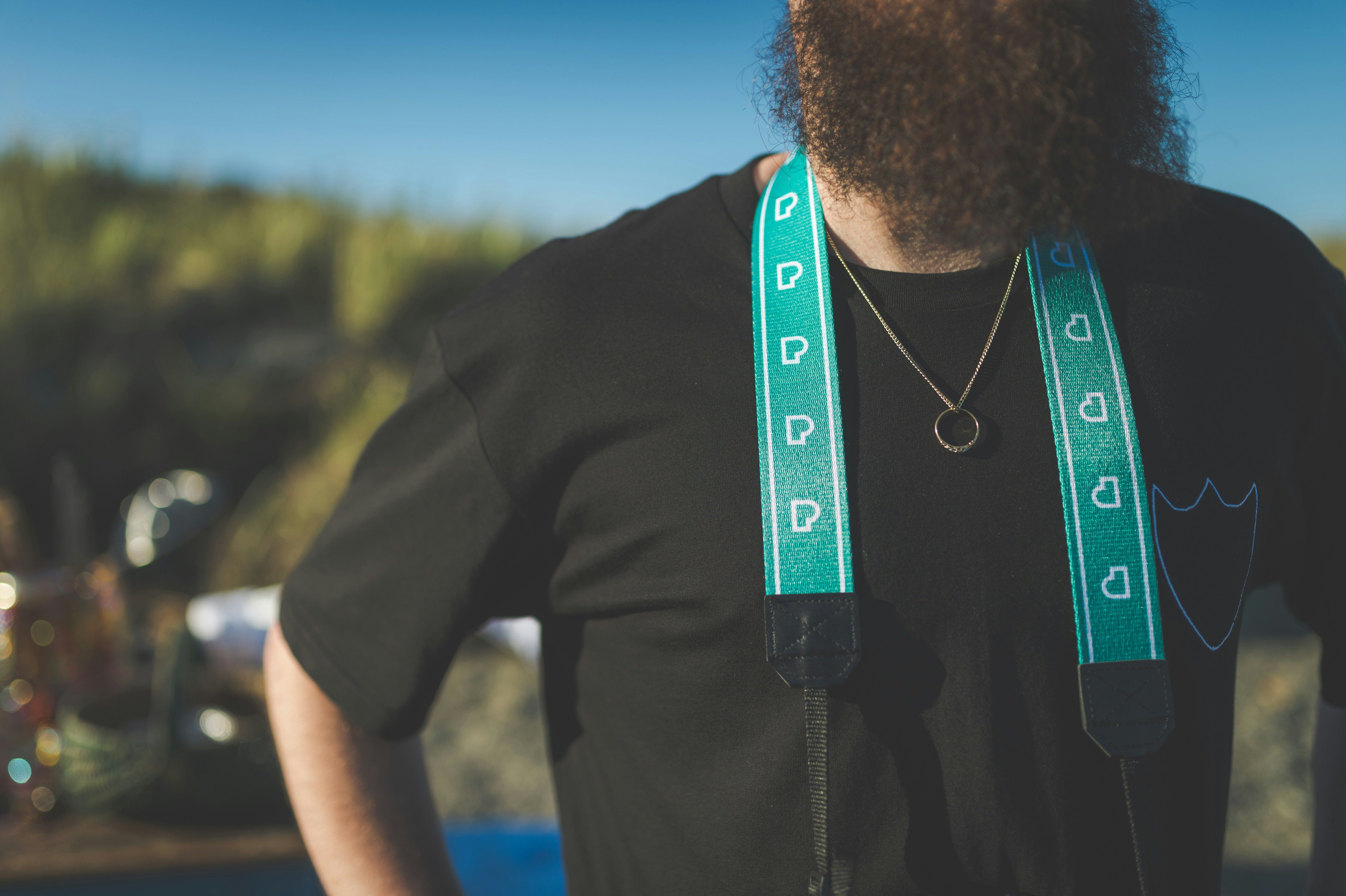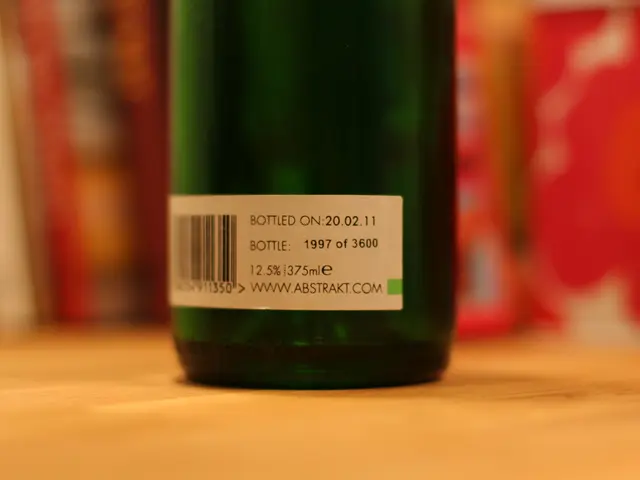Vaccination against shingles could potentially prolong heart disease-free years by up to eight years.
Consider the Benefits: A Renewed Look at the Shingles Vaccine
Turns out, getting vaccinated against shingles isn't just about avoiding the uncomfortable rash - it could also mean a lower risk of heart disease.
Did you know that by the age of 85, one out of every three people globally will experience shingles - that pesky rash caused by the reactivation of the varicella-zoster virus, the same culprit behind chickenpox?
Well, now there's a reason more compelling than ever to get vaccinated against this pesky virus. Adults ages 50 and older can be vaccinated against shingles, and it appears the benefits extend far beyond just warding off that pesky rash.
Researchers have recently found that those who receive the shingles vaccine are likely to have a 23% lower risk of cardiovascular events, such as heart failure, stroke, and coronary heart disease, for up to eight years post-vaccination. And guess what? These protective benefits are not limited only to immediate post-vaccination. "The cardiovascular protective effects of the shingles vaccine last for as long as eight years," says Sooji Lee, MD, the first author of the study.
Previously, shingles were viewed mainly as an infectious disease. However, researchers like Dr. Lee are uncovering evidence that links shingles to chronic health conditions such as heart disease. "This suggests a potential link between infections and chronic diseases," she explains.
So, why is the shingles vaccine a potential heart-saver? Well, by preventing the shingles infection, the vaccine likely reduces the body's inflammatory response, thereby lowering the risk of heart disease.
This is one of the largest and most comprehensive studies ever conducted, involving a healthy general population over a period of up to 12 years. Scientists analyzed data from more than 1.2 million adults aged 50 and over living in South Korea.
The shingles vaccine was found to be associated with a 23% reduction in cardiovascular risk, even in a healthy population population, highlighting its potential as apreventive measure against heart disease.
Apart from a significant drop in heart failure risk (by 26%) and a decrease in coronary heart disease risk (22%), the shingles vaccine was also found to reduce the risk of all sorts of major cardiovascular events, such as stroke, heart attack, and death from heart disease, by 26%.
"These results highlight the significant morbidity and mortality associated with shingles and should further drive our efforts to vaccinate as many eligible patients as possible," comments Cheng-Han Chen, MD, a board-certified interventional cardiologist.
As we delve deeper into the study's findings, we come to understand that the cardiovascular protective effects of the shingles vaccine last for as long as eight years, with the strongest protection observed in the first two to three years after receiving the vaccine.
Given that newer, more effective recombinant shingles vaccines are now in use, future research will focus on their impact on cardiovascular outcomes. While the current study is based on an Asian cohort, its implications may not apply to all populations, and further investigation into other demographics will be needed to confirm its applicability.
It's clear that the cardiovascular benefits of the shingles vaccine provide even more reasons to roll up your sleeve and get vaccinated. So, say goodbye to the itchy rash and embrace a heart-healthy future!
Getting vaccinated against shingles could lower the risk of heart disease by 23% for up to eight years, as revealed in a comprehensive study that involved over 1.2 million adults aged 50 and over. This protective effect is observed with the strongest protection in the first two to three years after receiving the vaccine.
The shingles vaccine is associated with a significant drop in heart failure risk (by 26%) and a decrease in coronary heart disease risk (by 22%). Furthermore, it reduces the risk of all significant cardiovascular events, such as stroke, heart attack, and death from heart disease, by 26%.
The cardiovascular protective effects of the shingles vaccine are not limited to immediate post-vaccination. "The cardiovascular protective effects of the shingles vaccine last for as long as eight years," says Sooji Lee, MD, the first author of the study.
Shingles, a reactivation of the varicella-zoster virus, is a common disease that affects one out of every three people globally by the age of 85. Previously, shingles were viewed primarily as an infectious disease, but evidence is emerging that links it to chronic health conditions such as heart disease.
The prevalence of chronic diseases such as heart disease may be influenced by socioeconomic factors and other medical-conditions. Thus, promoting vaccination against preventable diseases like shingles contributes to the broader goal of improving health-and-wellness for all, especially for those at risk of chronic-diseases.
Despite the benefits, not everyone understands the importance of getting vaccinated against shingles. Education and awareness campaigns can help promote shingles vaccination among the population, especially those aged 50 and older.
About Medicare, it covers the cost of shingles vaccination for those 65 and older with no monthly premiums and limited or no out-of-pocket expenses. As a preventive measure against heart disease and other health-and-wellness concerns, vaccination is an essential part of fitness-and-exercise, nutrition, and therapies-and-treatments for maintaining cardiovascular-health.
The study's results emphasize the need for vaccination to protect against shingles, not only for the relief of the uncomfortable rash but also for its associated cardiovascular benefits. As our understanding of the shingles-heart disease connection grows, it's crucial to prioritize vaccination in the fight against chronic diseases.
So, roll up your sleeves and take the steps to prioritize your heart health by getting vaccinated against shingles. As research continues, the potential cardiovascular benefits of the shingles vaccine may only grow stronger.








